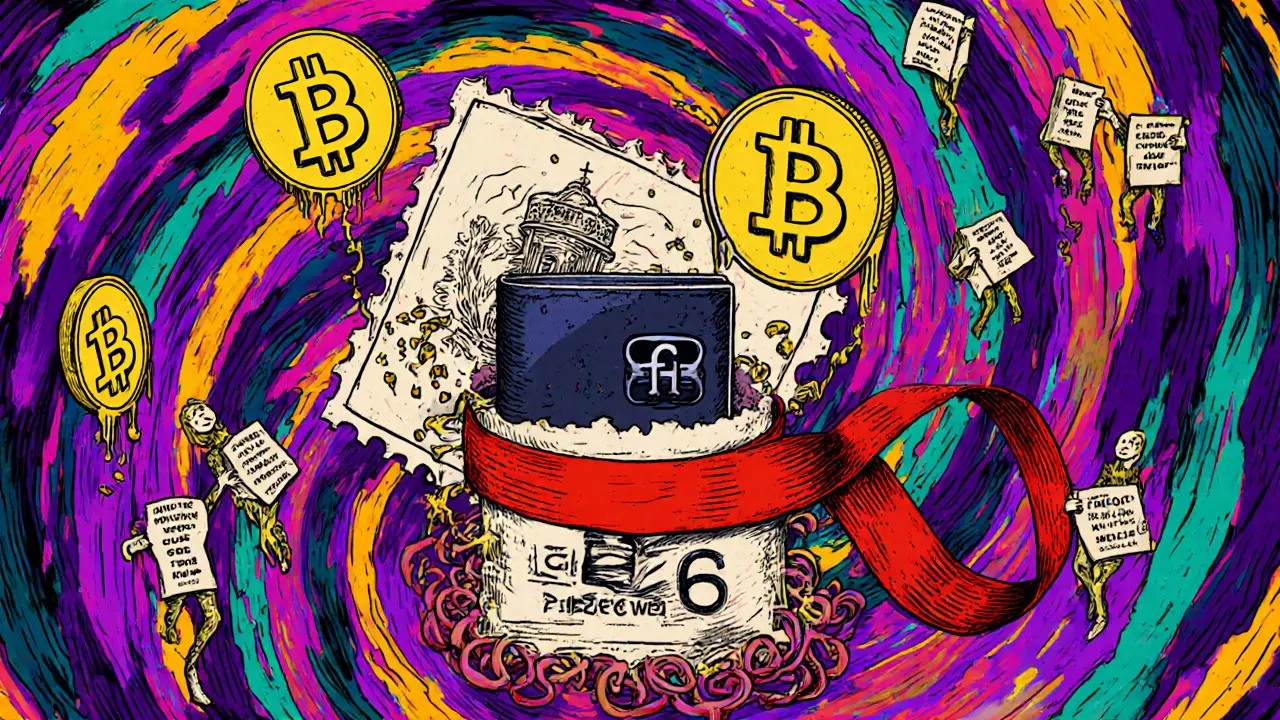Non-Custodial Wallet India: Secure Crypto Storage Without Intermediaries
When you use a non-custodial wallet, a crypto wallet where you alone hold the private keys and control your funds. Also known as self-custody wallet, it means no exchange, bank, or app can freeze, seize, or lose your Bitcoin or Ethereum — not even if India cracks down on crypto platforms. This isn’t just a technical detail. In India, where exchanges like WazirX and Binance have faced banking blocks and regulatory pressure, holding crypto in a non-custodial wallet isn’t optional — it’s survival.
Most Indian crypto users start on centralized exchanges because they’re easy. But those platforms hold your keys. If the exchange gets hacked, shut down, or blocked by the FIU, your crypto vanishes with them. A non-custodial wallet, a wallet where you own the private keys and control access. Also known as self-custody wallet, it means no exchange, bank, or app can freeze, seize, or lose your Bitcoin or Ethereum — not even if India cracks down on crypto platforms. This isn’t just a technical detail. In India, where exchanges like WazirX and Binance have faced banking blocks and regulatory pressure, holding crypto in a non-custodial wallet isn’t optional — it’s survival.
That’s why Indian users are switching to hardware wallets like Ledger or software wallets like Trust Wallet and Phantom. These tools let you send, receive, and store crypto without trusting a third party. They work even if your bank blocks UPI transfers to exchanges. You don’t need a bank account to use a non-custodial wallet — just a smartphone and a 12-word recovery phrase. And unlike exchange wallets, they support hundreds of tokens, including Indian-friendly DeFi apps like Saros Finance and DeGate. You can even stake, swap, or interact with NFTs without giving up control.
India’s crypto rules don’t ban wallets — they target exchanges. The FIU doesn’t care if you hold Bitcoin in a wallet you control. But if you use WazirX or Bybit, you’re exposed to their legal risks. That’s why smart users moved their crypto off exchanges long before the 2025 crackdowns. A non-custodial wallet isn’t just safer — it’s the only way to stay truly independent in India’s evolving crypto landscape.
What you’ll find below are real reviews and guides from Indian users who’ve made the switch. We cover which wallets work best in India, how to set them up without tech skills, how to avoid scams targeting new users, and why some so-called "Indian crypto wallets" are just centralized apps in disguise. No fluff. Just what works when you’re holding real money.
Non-Custodial Crypto Wallet Ban Proposals in India: What’s Really Happening in 2025
India isn't banning non-custodial crypto wallets, but it's making them hard to use with heavy taxes, unclear rules, and forced compliance. Here's what's really going on in 2025.
